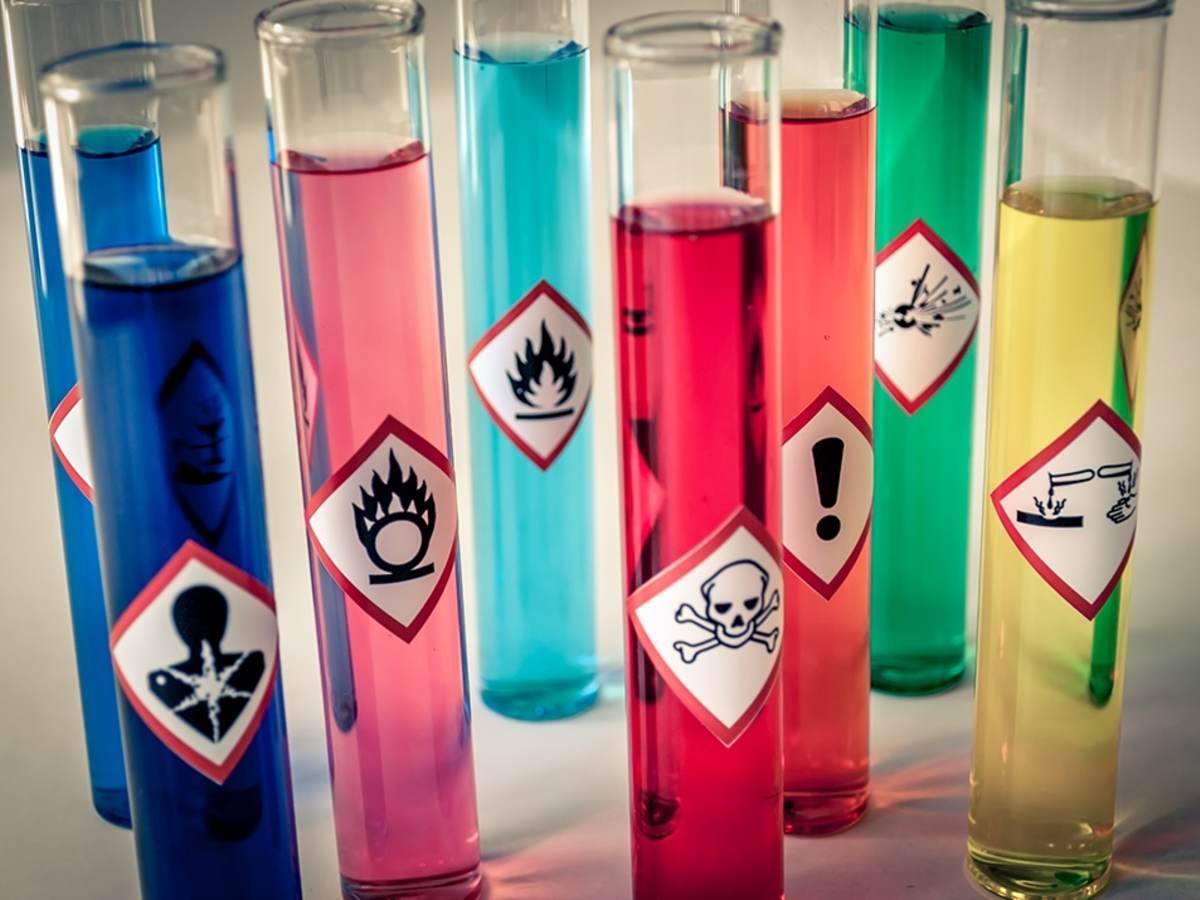May 16, 2024
By Chelsea Lane, Senior Regulatory Specialist, Supply Chain team, UL Solutions
On May 8, 2024, the U.S. Environmental Protection Agency (EPA) published a Final Rule in the Federal Register titled "Methylene Chloride; Regulation Under the Toxic Substances Control Act (TSCA).” Pursuant to TSCA section 6(b), EPA determined that methylene chloride presents an unreasonable risk of injury to health. Although this substance was banned from use in consumer paint and coating removers in 2019, this 2024 final rule expands on those restrictions, but also allows for its “limited and controlled continued use in tandem with additional worker protections for several purposes.”
Below is a list of the main actions called for in the Final Rule:
- Prohibits manufacturing, processing and distribution of methylene chloride for all consumer uses.
- Prohibits most industrial and commercial uses of methylene chloride, including paint and coating removers.
- Creates strict workplace protections through a Workplace Chemical Protection Program to ensure that for the remaining uses, workers will not be harmed by methylene chloride use.
- Requires manufacturers (including importers), processors, and distributors to notify companies to whom methylene chloride is shipped of the prohibitions and to maintain records.
Consumer uses of methylene chloride will be phased out within a year. Most industrial and commercial uses will be prohibited within two years.
The uses of dichloromethane that will continue under the final rule are those considered important to the country’s national security and economy. These uses include:
- Use in the production of other chemicals, including chemicals that are important in efforts to reduce global warming outlined in the American Innovation and Manufacturing Act.
- Production of battery separators for electric vehicles.
- Use as a processing aid in a closed system.
- Use as a laboratory chemical.
- Use in plastic and rubber manufacturing, including polycarbonate production.
- Use in solvent welding.
Exposure limits, monitoring requirements, and worker training and notification requirements have been established for worker protection.
The effective date of this final rule is July 8, 2024.
EPA is hosting a webinar on this final rule on Tuesday, June 4, 2024. To register for the webinar, go to Zoom.
Reference
Environmental Protection Agency, Federal Register Vol. 89, No. 90, May 8, 2024
Regulatory Roundup Newsletter
Never miss an update
UL Solutions, the global safety science leader, can keep you updated on the latest events with a variety of materials, ranging from the latest regulatory news, webinars, white papers, events, industry insights and more.
Subscribe to our monthly Regulatory Roundup Newsletter and stay up to date on current and upcoming regulations and all the latest chemical industry news.
Safety Data Sheet (SDS) Authoring and Labeling Software and Services
Create, maintain and distribute comprehensive SDSs and labels to meet your increasingly complex global compliance requirements.
Chemical Regulatory Compliance
Manage your chemical compliance needs with the help of global regulatory expertise and leading resources.
Chemical Compliance Training
We provide a series of chemical regulatory training programs designed to help understand the diverse set of requirements and how to confront them.
Get connected with our sales team
Thanks for your interest in UL's products and services. Let's collect some information so we can connect you with the right person.








